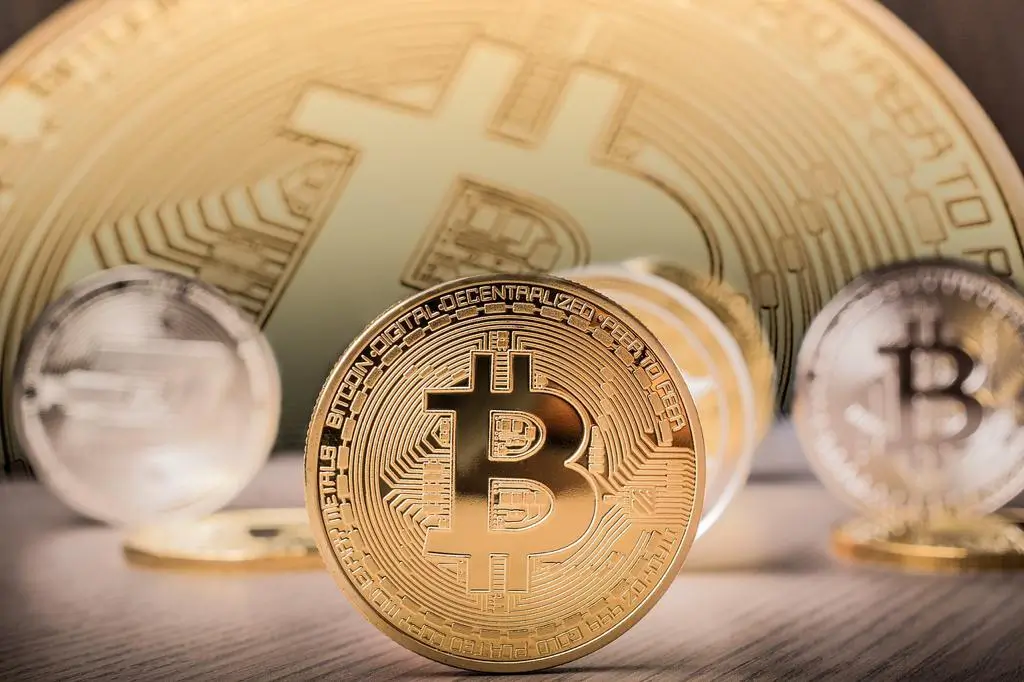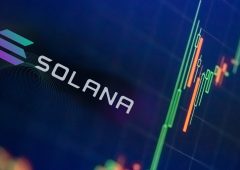MicroStrategy’s Debt-for-Bitcoin Strategy Faces Long-Term Viability Concerns
22.11.2024 19:30 2 min. read Alexander Zdravkov
In a recent op-ed for Bloomberg Opinion, Lionel Laurent raised concerns about MicroStrategy's long-term sustainability in using a debt-for-Bitcoin strategy.
He pointed to a notable event where Citron Research’s short position on the company caused a significant 16% drop in its stock price. Despite this, MicroStrategy has steadily grown in value, becoming one of the top 100 largest publicly traded companies in the U.S., alongside industry giants like Intel.
Since adopting Bitcoin as its primary treasury reserve asset, the company has experienced a dramatic increase in valuation, expanding roughly 50 times. This strategy involves using low-interest debt to raise funds for Bitcoin acquisitions, and MicroStrategy has recently raised another $3 billion through convertible notes.
Its Bitcoin holdings now exceed $30 billion, showcasing the boldness of its approach. However, Laurent highlights the substantial risks involved, particularly a potential sharp decline in Bitcoin’s price. Such a drop could force the company to liquidate assets, leading to significant financial losses.
Even if Bitcoin doesn’t face a drastic collapse, MicroStrategy’s valuation remains highly inflated compared to its net asset value, a factor that could still create problems. CEO Michael Saylor, known for his resilience after enduring a $6 billion loss in 2000, appears undeterred by mounting skepticism. He acknowledged the inherent risk of Bitcoin’s value plummeting to zero, but reassured that investors in the company are fully aware of and accepting this extreme risk.
-
1
Michael Saylor Hints at Fresh Bitcoin Buy as Weekly Accumulation Continues
09.06.2025 10:00 1 min. read -
2
Liquidity, Not Headlines, Keeps Bitcoin Pointed Higher, Says Raoul Pal
15.06.2025 8:00 1 min. read -
3
Strategy Buys Another $110M in Bitcoin (BTC)
09.06.2025 16:04 1 min. read -
4
Saylor Urges U.S. to Stockpile Bitcoin Before the World Catches Up
16.06.2025 22:00 1 min. read -
5
Bitcoin Closing in on the $100,000 Mark as Market Sees Almost $1 Billion in Liquidations
06.06.2025 7:00 1 min. read
Bitcoin Below $100K? Veteran Trader Sees It as a Buying Opportunity
A crypto analyst recognized for calling the peak of the 2021 bull run is preparing to load up on Bitcoin if it slips beneath the $100,000 threshold, signaling confidence in the digital asset’s long-term trajectory.
Bitcoin Dominates Portfolios as Institutional Adoption Surges
Bitcoin is reclaiming the spotlight in digital asset portfolios, fueled by surging institutional adoption and clearer regulatory momentum in the U.S.
Strategy’ Michael Saylor Drops Another Cryptic Bitcoin Message
As Bitcoin rebounded past $105,000 with a sharp 5% rally, Strategy’s Michael Saylor sent a cryptic but confident message to the crypto world.
Another Company Joins the Bitcoin Treasury Trend with $384M Funding Plan
Semiconductor firm Sequans Communications is diving into Bitcoin with an ambitious $384 million fundraising campaign aimed at building a corporate crypto reserve.
-
1
Michael Saylor Hints at Fresh Bitcoin Buy as Weekly Accumulation Continues
09.06.2025 10:00 1 min. read -
2
Liquidity, Not Headlines, Keeps Bitcoin Pointed Higher, Says Raoul Pal
15.06.2025 8:00 1 min. read -
3
Strategy Buys Another $110M in Bitcoin (BTC)
09.06.2025 16:04 1 min. read -
4
Saylor Urges U.S. to Stockpile Bitcoin Before the World Catches Up
16.06.2025 22:00 1 min. read -
5
Bitcoin Closing in on the $100,000 Mark as Market Sees Almost $1 Billion in Liquidations
06.06.2025 7:00 1 min. read


